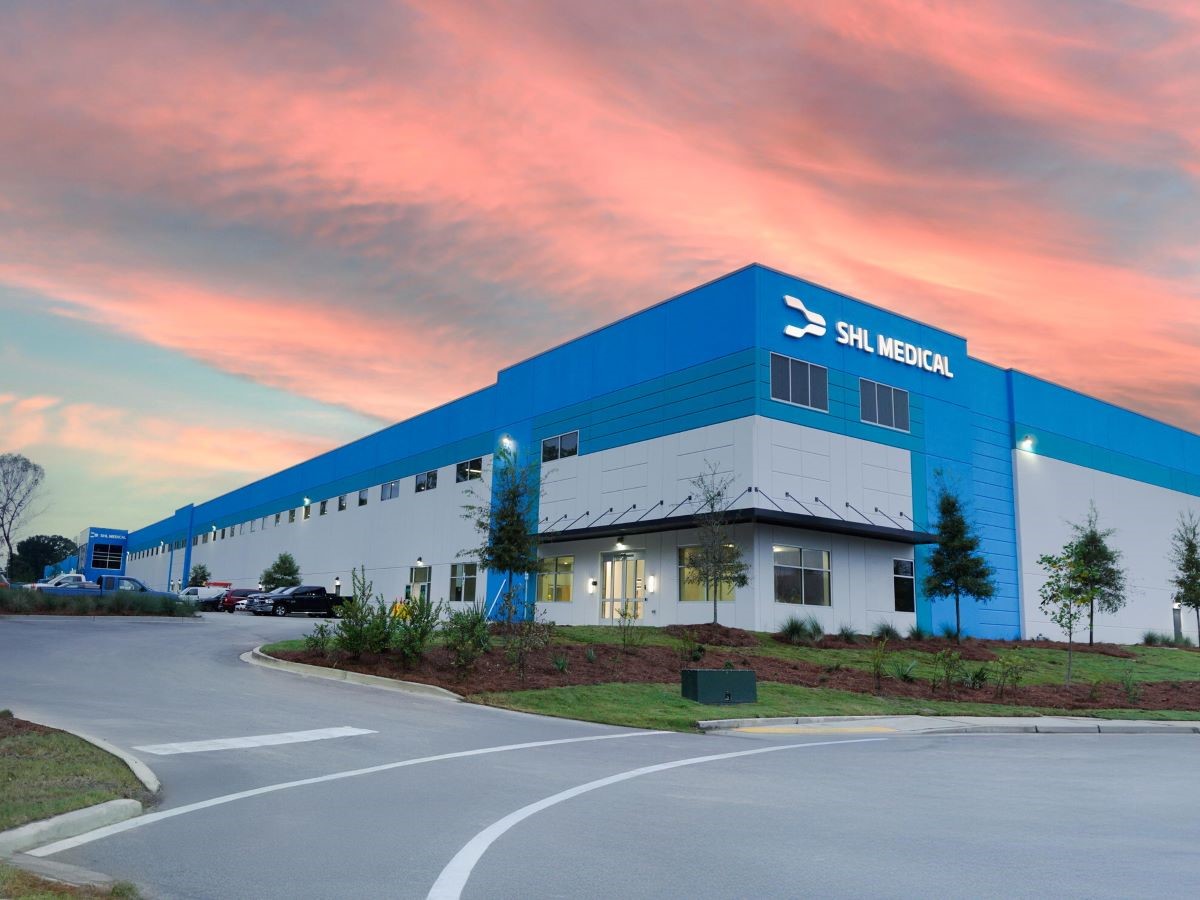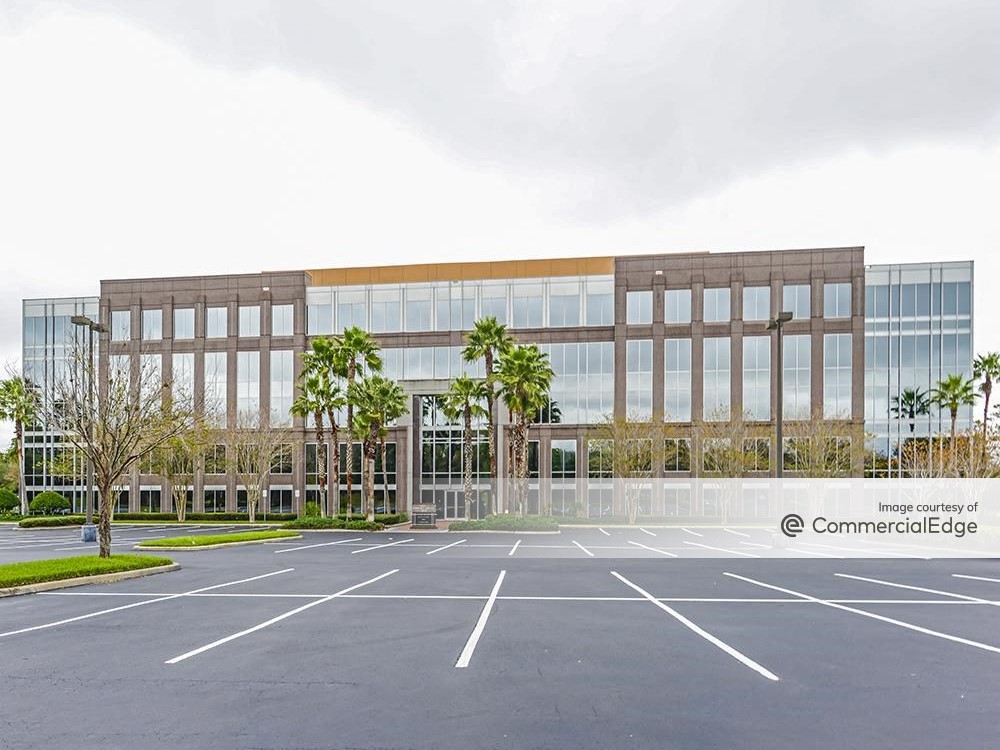Downgrades Lead to Opportunity in Net Lease
This is good time for a contrarian play in the health-care sector, observes Jonathan Hipp of Avison Young.
Along with the rest of the single-tenant net lease market, the pharmacy segment has suffered during the last couple of years.

Despite the turbulence, pharmacies will continue to have a strong presence in the health-care industry. Because of the recent negative publicity surrounding this sector, especially Walgreens, I believe that STNL investors should look at a Walgreens STNL acquisition as an opportunity to earn an above-market return with low downside risk.
Let’s look at Walgreens as a contrarian STNL asset play. There has been a lot of news recently about Walgreens, much of it being negative. The company has experienced a recent downgrade of its debt rating by Moody’s from an investment-grade rating to a non-investment-grade rating—a 48 percent decrease in its quarterly dividend, a significant drop in its stock price in the last year, continued store closings, as well as a CEO change. (S&P Global has maintained its investment-grade rating, although S&P reduced WBA’s outlook.)
Brighter prospects
On a positive note, Walgreens recently announced that it is on track to save $1 billion in cost this year. Both Walgreens and CVS have reduced their pharmacy expansion programs, which will reduce the number of new pharmacies coming online, which should support pricing.
With the predictions of rate cuts as well as projected increases in transaction velocity (and cap rate decreases) in the later part of 2024, this is the time to begin the search for STNL acquisitions. Opportunities will exist in all sectors of the STNL market, especially for pharmacies priced over $5 million, which have recently been overlooked by investors.
A well-located Walgreens, with strong store sales, absolute NNN structure, corporate lease guaranty, at or near- market rent and a long-term lease term could be an excellent addition to your investment portfolio. Walgreens meeting these investment criteria are available in the approximate 6 percent cap rate range, which represents over a 150-basis point premium compared to pricing at the top of the market.







You must be logged in to post a comment.